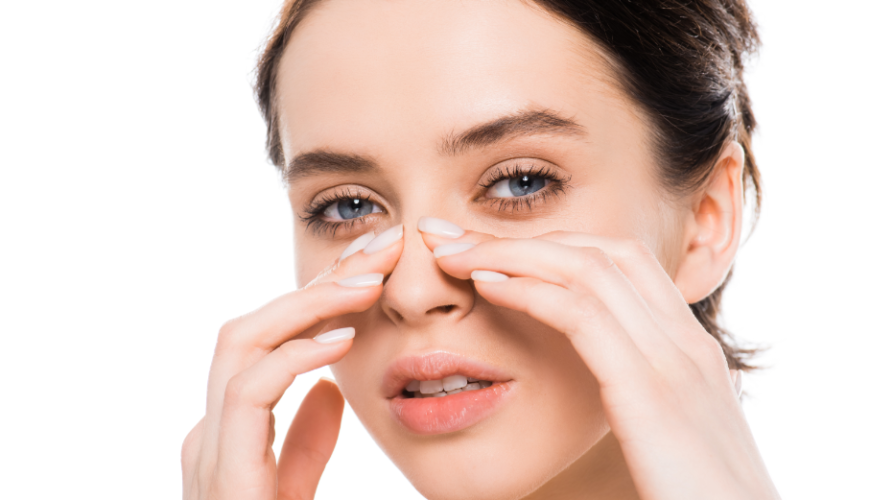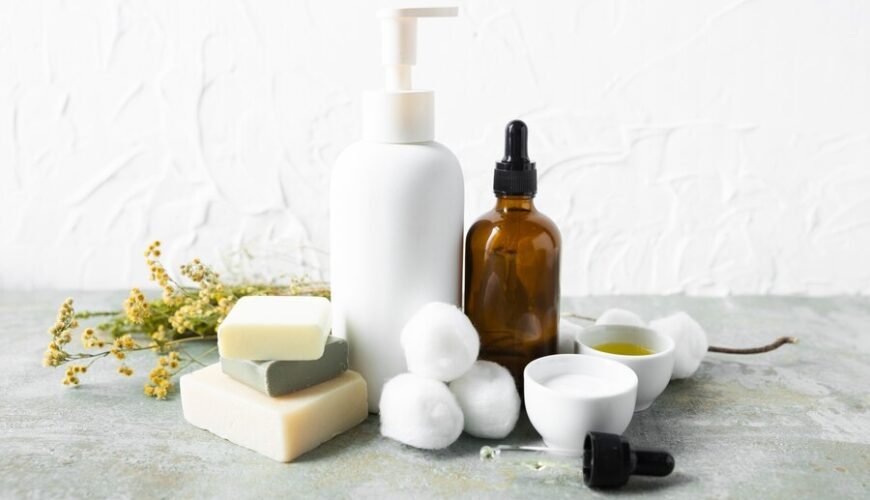Rhinoplasty, also known as a nose job, is a surgical procedure that is performed to correct the nose and enhance its appendages. It is widely recommended by doctors to patients who are not satisfied with the shape and appearance of their noses or to those who require it for medical purposes.
In essence, rhinoplasty can help you permanently solve nearly every nose-related issue. But because it seems like such an appealing cosmetic procedure, most people are quick to spend on it without completely educating themselves about it. And that can lead to botched cases and a ton of health issues in the long run.
So, before you decide to undergo this procedure, here are some things you should consider so as not to regret your decision later on.
Insist on consulting with a surgeon
When you are thinking of changing the size or shape of your nose through surgery, you should first consult with a licensed surgeon who is authorised to practice in London. Although this might seem obvious, countless people get their cosmetic consultations from their chosen clinic’s non-surgeon staff every day.
Needless to say, their advice can not only be inaccurate but also downright dangerous. Only a plastic surgeon with experience in rhinoplasty will be able to provide you with the advice and expertise you need to alter such an important feature of your face.
A good surgeon will listen to your concerns and expectations before recommending a procedure for your case. They will also take the time to explain to you the intricacies of the procedure as well as guide you through any possible alternatives that might work better than surgery.

Ask your surgeon for the before and after pictures of previous procedures
Before you even start considering rhinoplasty, it is important to get a realistic idea of what you should expect from your surgery.
And the best way to get a good idea of what you can expect is to look at before and after photos of your chosen surgeon’s previous patients, preferably those who have had the type of procedure you are considering.
Remember that not every surgeon will have before and after pictures readily available. In that case, you can request them. But if your prospective surgeon is hesitant to show them, you might want to reconsider working with them.
Alternatively, it is a very good sign if a surgeon is willing to show their previous results as it shows that they are confident in their abilities and have had a lot of experience with your type of procedure.
Plan your recovery
Although rhinoplasty is a common surgery, it is important to understand how it works, so you can prepare for the recovery. Although a good surgeon will educate you on your recovery plan, you must know that recovery time varies depending on the type of rhinoplasty procedure that you get done as well as the aftercare that you provide yourself with.
There are two types of rhinoplasty surgeries: open and closed rhinoplasty. Open surgery can take anywhere between four months to a year for you to fully recover whereas you can be back to work within a couple of weeks after a closed procedure.
Depending on your procedure, you will have to take at least two weeks off from work. In addition, you might also have to alter your diet. Incorporating a clean diet can support your recovery and even speed up the process.
Get familiar with the dos and don’ts of the surgery
To maximize the results of rhinoplasty and achieve natural-looking results, it is important to be informed before you undergo the procedure. While your surgeon will help you with a recovery plan, here are some dos and don’ts you need to be mindful of.
- Buy your medicines in advance – Your surgeon should ideally provide you with a list of medicines that will support your recovery. Make sure you keep your first-aid kit and medicine box well-equipped before undergoing the procedure.
- Stock up on food and supplies – You won’t be able to go out as much during your recovery period, so it is absolutely necessary for you to buy your groceries well in advance.
- Get help for your responsibilities – If you have chores that require your attention, make arrangements. Whether it is hiring temporary help for your family or arranging for a petsitter, you need to be ready with your plan.
- Don’t drink alcohol or smoke cigarettes – Alcohol, cigarettes, and other substances can interfere with your body’s ability to recover. So, it is a good idea to quit 3 to 4 days before you undergo your procedure.
- Avoid using acids or exfoliants in your skincare routine – Simply your regime by excluding abrasive, however mild, products like chemical peels and face scrubs in your skincare routine to prevent them from disturbing your body’s natural process.
- Don’t expose yourself to the sun – Although it is advised to stay indoors for at least a week after your rhinoplasty, if you absolutely must step out, ensure that you cover yourself up properly as the sun may cause bleeding or further skin damage, which can extend your recovery period.

Understand that rhinoplasty can’t fix internal conflicts
A lot of people don’t like their noses, but is your dislike simply based on its appearance or is it connected to a deeper sense of self-doubt or insecurity? If it is the latter, then surgery should be used only as part of a broader program of self-improvement.
Rhinoplasty can feel like a magic pill at first but it really won’t solve any inner conflicts that you may be experiencing. Confidence is a personal trait that cannot be permanently changed by any external factor (including rhinoplasty). And the truth is, you have to be willing to work on your self-confidence prior to the rhinoplasty, not during or after it.
If you aren’t ready to do that yet, consider postponing your plans. At least that’s what the licenced surgeons at the Centre for Surgery will advise you to do.




